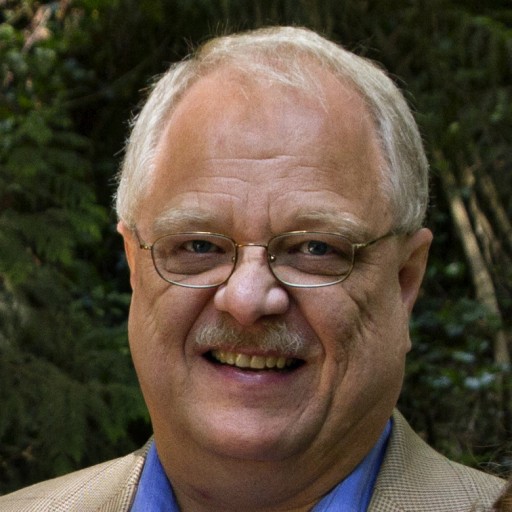Proactive Financial Decisions
 In April 2013, Fidelity Investments released “Five Years Later” a report on personal financial conduct five years after the start of the Great Recession. I was intrigued to find statements at the end of several sentences about those who continue to feel scared. Those still with an unsettled feeling were less likely to have increased their emergency fund, less likely to have reduced personal debt, less likely to be better prepared for retirement, and less likely to have made changes to how they conduct themselves financially.
In April 2013, Fidelity Investments released “Five Years Later” a report on personal financial conduct five years after the start of the Great Recession. I was intrigued to find statements at the end of several sentences about those who continue to feel scared. Those still with an unsettled feeling were less likely to have increased their emergency fund, less likely to have reduced personal debt, less likely to be better prepared for retirement, and less likely to have made changes to how they conduct themselves financially.
For some of these persons, I imagine their fear paralyzed them from taking action. Others may have been distracted and only later realized they were in trouble. In either case, inaction concerning personal finance correlated with anxious feelings.
In contrast, recently I’ve read articles about those with the confidence to jump into what one writer called über-early retirement. These people retire in their 30s and 40s, not their 50s or 60s. For these persons, retirement doesn’t mean afternoons of shuffleboard and sweet tea, but financial independence. They no longer need to work 40-hours each week. They’ve stopped being dependent on a regular job.
These persons arrived at this über status through proactive attention to basic issues in personal finance. They reported resisting consumerism by disregarding peer pressure from their neighbors and ignoring advertising. They live debt free and pay for everything with cash. Their simple lifestyle involves skipping cable TV and smart phones. They eat at home and utilize free sources of entertainment and recreation. Their housing is modest and often involves building sweat equity. For transportation they ride bikes and buses or own an inexpensive car. To prepare for early retirement, in their working years they lived on 40 to 50 percent of their income.
A simple lifestyle allowed them to invest 50 to 60 percent of their income when fully employed. They started early and took full advantage of the miracle of compounding—gains today will generate gains-on-gains tomorrow. They invested for growth by owning stocks—not for income—through bonds or money market accounts.
The persons featured in the articles tended to have ongoing passive income that requires little or no direct involvement in generating income. This might come from rental property, royalties, earnings from websites, or dividends and interest. Some continued part-time or seasonal employment in the field for which they had trained or via a new endeavor or hobby that began generating positive cashflow.
The Great Recession put the squeeze on many people. Clergy have felt the pain as congregations had to face the financial reality. The economic conditions, however, will not overwhelm the person who is proactive. Simple living today provides numerous benefits. Anxiety evaporates in the bright light of good financial decisions.
There is one more benefit of proactive money management. Persons who keep their financial house in order find a freedom in serving others. John Wesley reported in 1782 an income of £361 with an additional £237 from his publishing company. Wesley used £5 for clothing and gave away the rest. Wesley gave way 99 percent of his income that year.
John Wesley said gain all you can through diligence, save all you can through simplicity, and give all you can through generosity. This saying is not just for the 18th century and not just for a man with a profitable publishing business. Diligence and simplicity can lead to financial security and freedom in serving others.

